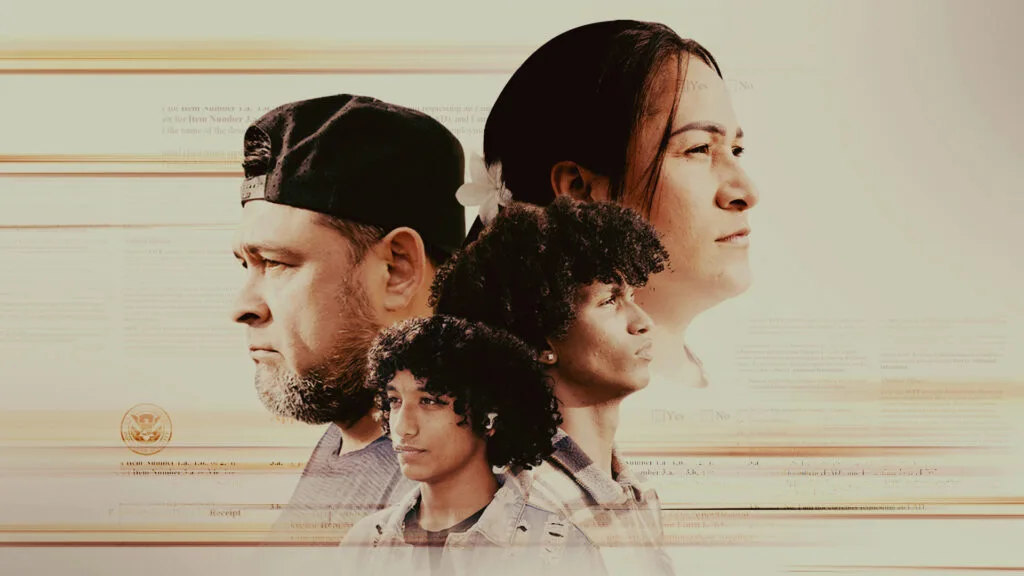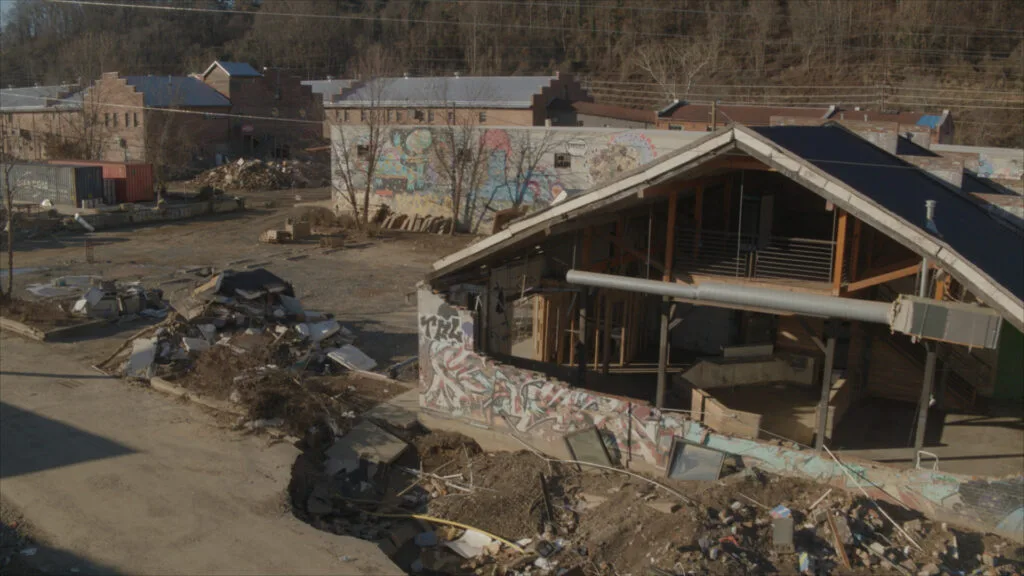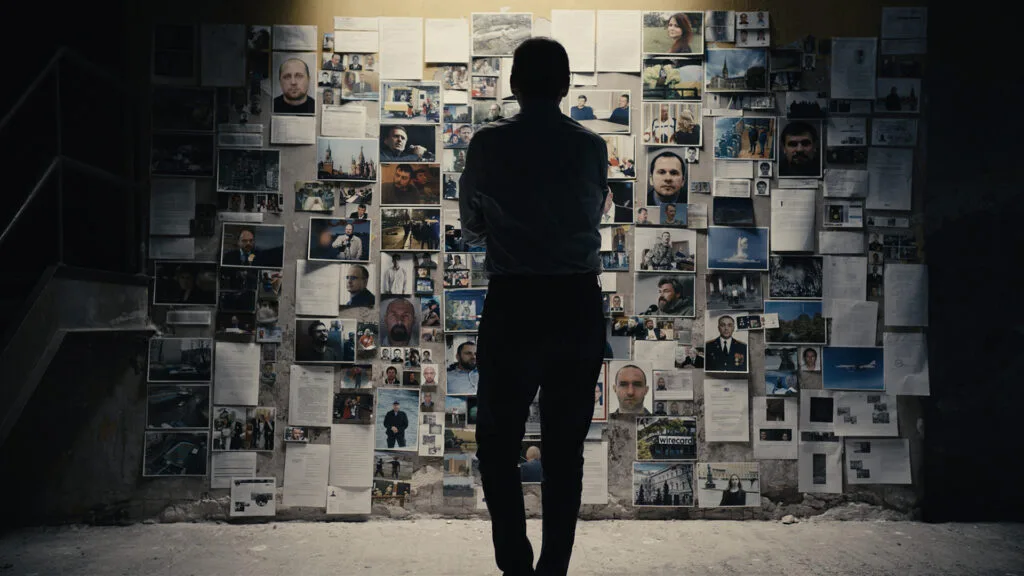WATCH: In Milwaukee, Stories of Hope, Disparity, “Helpers” and Loss Amid COVID-19
April 9, 2020
Share
This week, the number of COVID-19 deaths reported in the state of Wisconsin crossed 100, with approximately half of those deaths occurring in Milwaukee County.
Health officials say African Americans have made up a disproportionate number — 80 percent — of the county’s coronavirus deaths, host Portia Young says in a new special from the region’s public television station, Milwaukee PBS.
The striking racial disparity in local coronavirus deaths is just one of the topics explored in “Stories of Our Pandemic,” a special episode of Milwaukee PBS’ monthly newsmagazine program, 10thirtysix, that premieres today. As part of its Local Journalism Initiative, FRONTLINE has been working with Milwaukee PBS to support its coverage of the coronavirus crisis through programs like this one.
The half-hour long special gives a panoramic view of how the pandemic is impacting the local community. In addition to a segment exploring how the epidemic is hitting African Americans that includes conversations with Milwaukee Health Commissioner Jeanette Kowalik and U.S. Congresswoman Gwen Moore (D-Milwaukee), the special tells the stories of two instructors at Milwaukee Area Technical College who were among the first people in Wisconsin to test positive for COVID-19. The married couple, Pablo and Jackie Muirhead, are now keeping a health journal for the CDC, and using their story to help further the agency’s research on how the virus spreads in a household (their ten-year-old daughter also tested positive).
Another segment features an interview with Elliott Grassman, an ICU nurse treating COVID-19 patients at Froedtert Hospital. “We’re in it,” she says, adding, “We’ve gotta flatten this curve.”
The episode also follows “helpers” in the Milwaukee area who are going the extra mile to care for vulnerable members of the local community, including a quilter who’s now making masks, and a first-grade teacher who set up an online form connecting people eager to volunteer or donate with others who need help — whether picking up prescriptions, or feeding their families.
“I believe that we are all interconnected, and I know that if my neighbor is not ok, then I’m not ok,” says the teacher, Angela Harris.
In a poignant segment, “Stories of Our Pandemic” also explores what it’s like to grieve the loss of a loved one from afar.
Watch the full special at the top of this post or here, and explore more COVID-19 stories from FRONTLINE’s Local Journalism Initiative partners here.
This story is part of a collaboration with Milwaukee PBS through FRONTLINE’s Local Journalism Initiative, which is funded by the John S. and James L. Knight Foundation and the Corporation for Public Broadcasting.

Latest Documentaries
Explore
Policies
Teacher Center
Funding for FRONTLINE is provided through the support of PBS viewers and by the Corporation for Public Broadcasting. Additional funding is provided by the Abrams Foundation; Park Foundation; the John D. and Catherine T. MacArthur Foundation; and the FRONTLINE Trust with major support from Jon and Jo Ann Hagler on behalf of the Jon L. Hagler Foundation, and additional support from Koo and Patricia Yuen. FRONTLINE is a registered trademark of WGBH Educational Foundation. Web Site Copyright ©1995-2025 WGBH Educational Foundation. PBS is a 501(c)(3) not-for-profit organization.



















